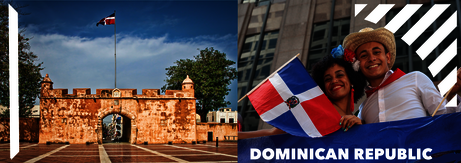Summary of operations
Road Infrastructure: Financing for 148 kilometers of highways.
Energy: Financing for the generation of 80 megawatts of clean renewable energy.
Agro Sector: US$ 60 million for the strengthening of the agricultural sector with a sustainable technological approach.
A 228% increase in the amount estimated in the 2021-2026 country strategy, reaching US$ 1.8 billion. In the previous five-year period the disbursement amounted US$ 533.9 million.
PROJECTS
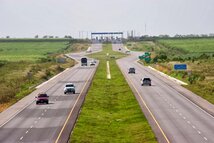
Coral Highway Project
It consisted of the construction of a 70-kilometer-long, 4-lane highway, for which financing of US$70.0 million was allocated.
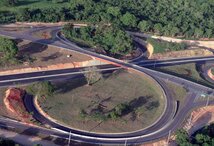
Improvement and Expansion of the Eastern Road Corridor for road sections
San Pedro de Macorís-La Romana Section, La Romana Beltway Section and Eastern Tourist Boulevard Section, totaling 78 kilometers in length and representing the best road infrastructure in the country.
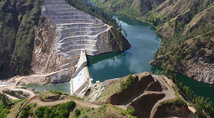
Palomino Hydroelectric Project
With a clean and renewable energy generation capacity of 80 megawatts, it is located in the Province of San Juan. For its execution, the Bank allocated financing for a total amount of US$ 130.0 million
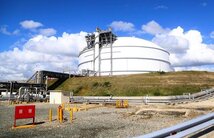
Construction of a 50-kilometer gas pipeline in San Pedro de Macorís
Loan in favor of AES Dominicana for a total amount of US$54.00 million.
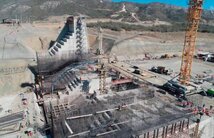
Montegrande Multipurpose Dam Project Phase III
With current financing of US$249.6 million
CABEI approves Dominican Republic's Country Strategy

The document articulates actions to promote the country's social and economic growth in the 2021-2026 period.
Tegucigalpa, October 26, 2021.- With the objective of strategically addressing the Dominican Republic's development needs and priorities, the Central American Bank for Economic Integration (CABEI) approved the 2021-2026 Country Strategy on Tuesday.
The document focuses on responding to the requirements and requests expressed by government authorities, as well as to provide coverage for the plans, policies and programs defined as priorities to address the crisis generated by the HIV/AIDS pandemic, as well as to support private sector initiatives within the framework of the Sustainable Development Goals.
In this regard, CABEI Executive President, Dr. Dante Mossi said, "we have closely observed the country's growth and it is an economic benchmark in the region; through the implementation of the strategy, CABEI guarantees its management in the Dominican Republic, guiding the financing of interventions that stimulate economic growth and balanced and sustainable social development by reaching the population in need".
Hostos Rizik, Director of the Dominican Republic at CABEI, commented: "The document is of great importance because it is a flexible instrument that can be adapted to the changing environment in which we live in order to effectively address the country's needs and thus promote economic growth, social development, environmental sustainability and job creation in the country in line with the Dominican government's National Development Strategy 2030".
CABEI currently has active operations in the Dominican Republic, such as the Monte Grande Phase III multipurpose dam, with US$249.6 million in financing; financial intermediation for the benefit of the country's productive sector through lines of credit to Banco Popular, Banco de Reservas and BANDEX; and the construction of a gas pipeline with a US$54 million loan to AES Dominicana, among others.

